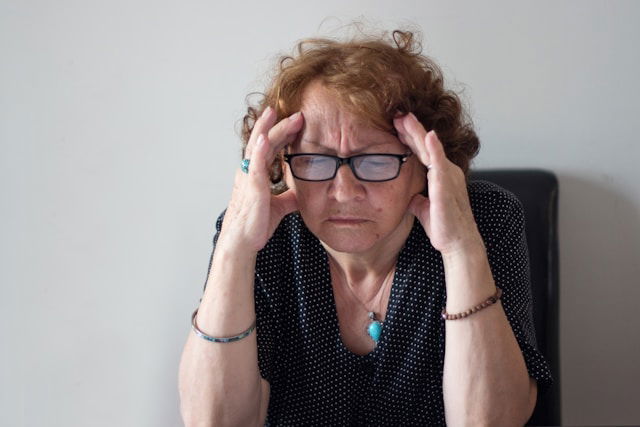
A new study from the University of Pittsburgh has found that feeling very tired may be more serious than we thought, especially for older adults.
The study shows that people aged 60 and above who feel extreme fatigue after daily activities are more likely to die within a few years.
This study looked closely at how tired older adults felt after doing common tasks, such as walking or gardening. It found that those who felt very tired had a much higher risk of early death—specifically, within 2.7 years.
Researchers used a special tool called the Pittsburgh Fatigability Scale to measure tiredness. This scale was created in 2014 by the University of Pittsburgh and is now used around the world in 11 languages.
It asks people to rate how tired they think they would feel after doing different types of activities, from easy ones like walking to harder ones like housework.
The study included 2,906 people aged 60 or older. They were all part of the Long-Life Family Study, a project that follows families known for having many members who live long lives. Each person gave scores from 0 to 5 on how tired they thought they’d be after various tasks.
After looking at the results, scientists found a clear pattern. People who scored 25 or higher on the scale were 2.3 times more likely to die in the next 2.7 years than those with lower scores. This was true even when taking other health issues into account.
These findings show that high levels of tiredness in older adults are a serious warning sign. Feeling very tired often could mean there are deeper health problems. Doctors and caregivers should pay attention when older people say they feel too tired after doing everyday tasks.
The study also shows how helpful the Pittsburgh Fatigability Scale can be. Health professionals can use it to check on older people’s health and spot those who may be at higher risk of getting sick or dying early.
This research also reminds us how important it is for older adults to stay active and healthy. Eating well, exercising regularly, and staying socially engaged are all ways to help reduce tiredness and improve health.
Published in The Journals of Gerontology: Series A, and led by Nancy W. Glynn, the study gives us new insights into aging. It suggests that managing fatigue could play a big role in helping people live longer, healthier lives.
If you care about wellness, please read studies about how ultra-processed foods and red meat influence your longevity, and why seafood may boost healthy aging.
For more health information, please see recent studies that olive oil may help you live longer, and vitamin D could help lower the risk of autoimmune diseases.
Copyright © 2025 Knowridge Science Report. All rights reserved.



